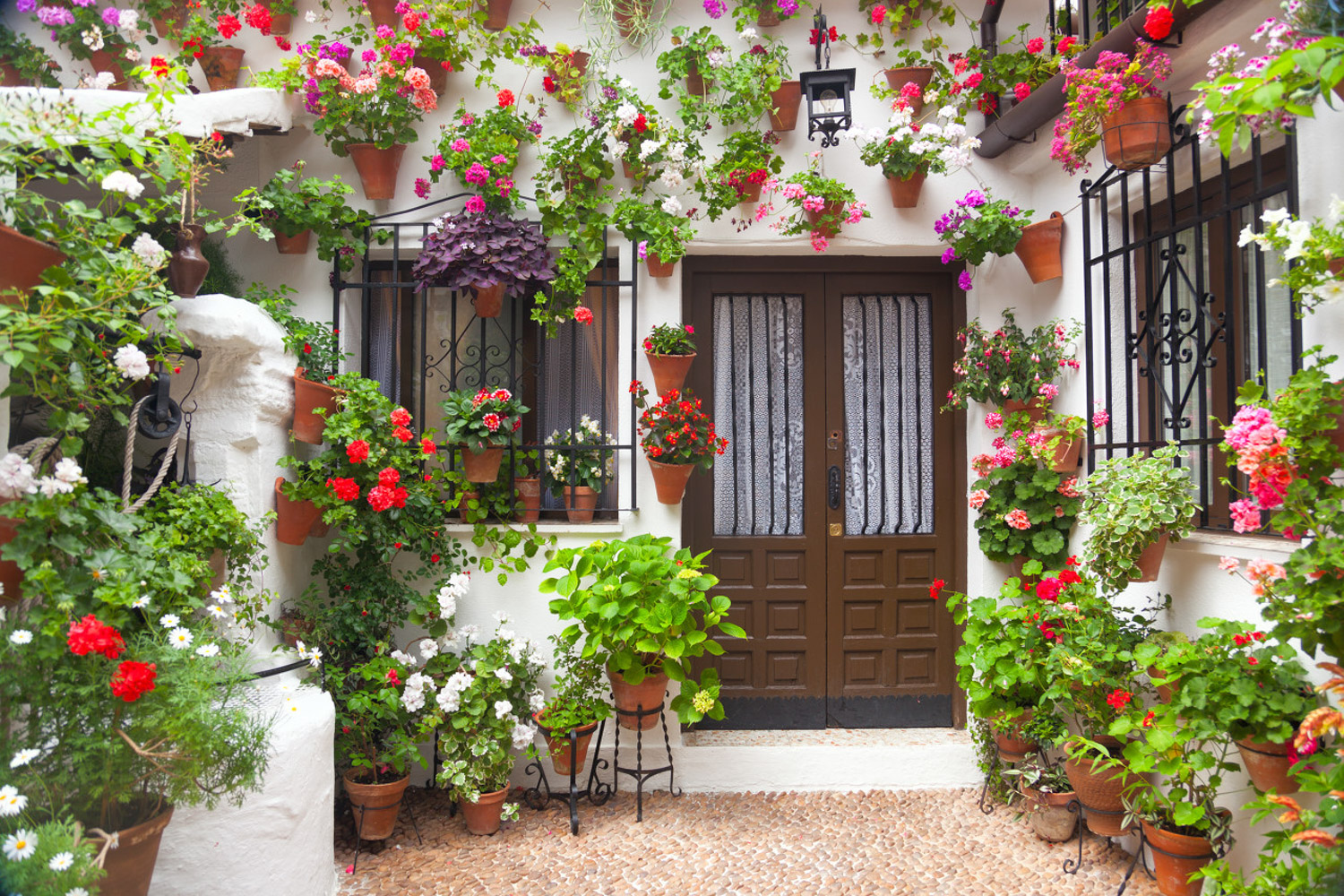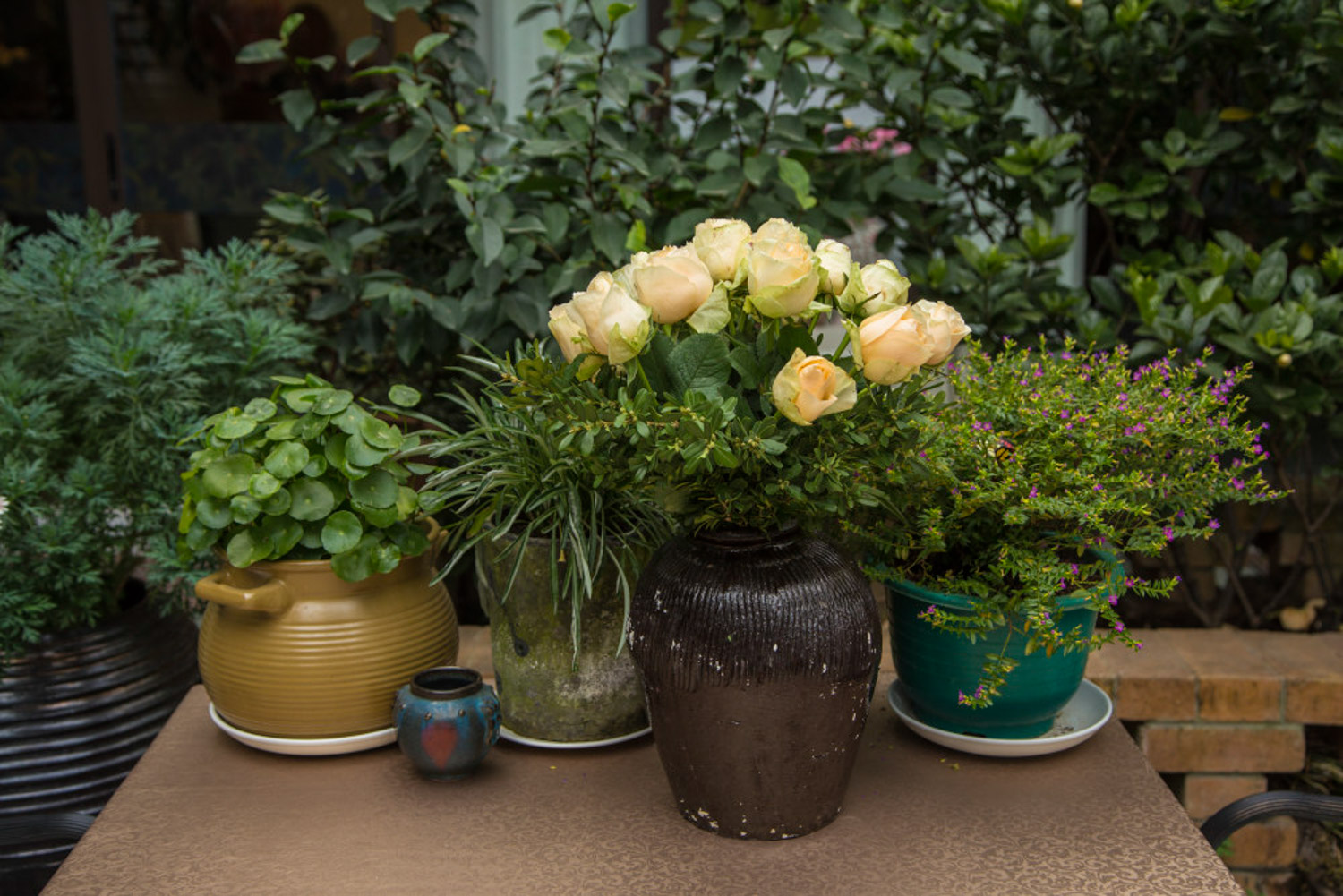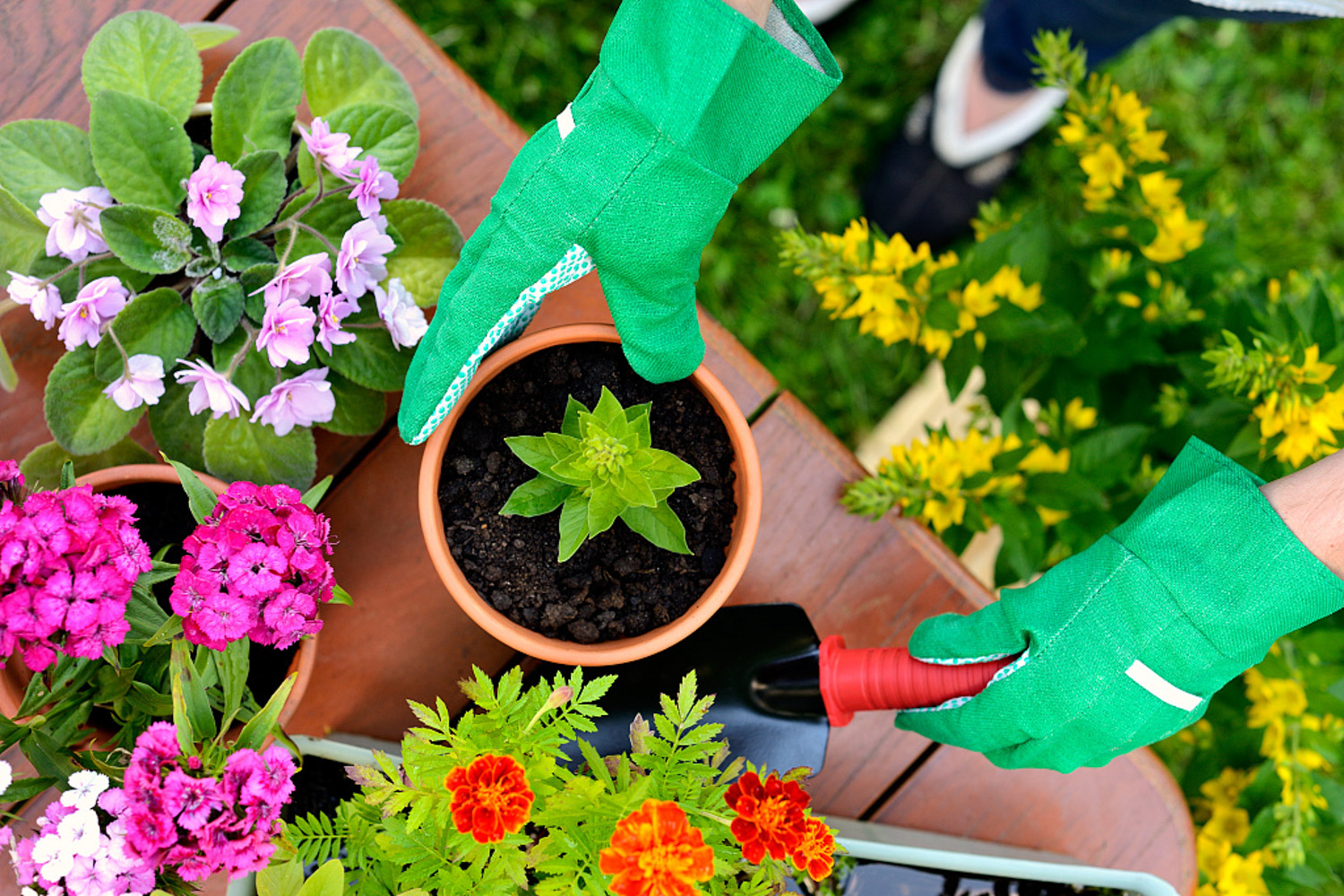Soil
Cuttings of two-color Jasmine are often made of nutritious soil, river sand, peat soil and other materials. Because it is difficult to obtain ideal soil in the family, it is recommended to buy sterilized cuttings matrix, which can improve the survival rate for novice cuttings
Ordinary coarse river sand can also be used, but it should be washed with clean water before use. Try not to use the soil of sea sand and saline alkali land, which will affect the rooting of branches

Branches
Twigs are generally selected for cutting. The plants grow vigorously in early spring or early autumn. The branches of the current year are cut as cuttings. When cutting branches, pay attention to that the upper cutting opening is about 1cm away from the top leaf and the lower cutting opening is about 0.5cm away from the lower leaf. Don't be too close to the branches and leaves, so as not to affect the later rooting and germination

Cutting method
Before cutting, wet the soil, then dig an equal amount of small holes on the soil surface according to the number of branches, put the branches into it, cover the soil and compact them. Pay attention not to break the branches into the soil during operation. Then pour water to maintain a certain humidity, and cover it with plastic film to moisturize

Post management
After cutting, it is difficult to control the temperature at 20 ~ 30 ℃. If it is lower than 20 ℃, rooting is more difficult. If it is higher than 30 ℃, the incision is easy to be infected, and the higher the temperature is, the greater the probability of decay is. In case of low temperature after cutting, keep warm
spray and moisturize in a timely manner, 3~5 times a day, and increase the number of times on sunny days. For those covered with plastic film for moisturizing, uncover the plastic film every day for ventilation
Cutting is also inseparable from sunlight. Sufficient sunlight is conducive to the accumulation of nutrients. However, the more sunshine means the higher the temperature, so shade in time and gradually restore the light after rooting

 how many times do yo...
how many times do yo... how many planted tre...
how many planted tre... how many pine trees ...
how many pine trees ... how many pecan trees...
how many pecan trees... how many plants comp...
how many plants comp... how many plants can ...
how many plants can ... how many plants and ...
how many plants and ... how many pepper plan...
how many pepper plan...





























